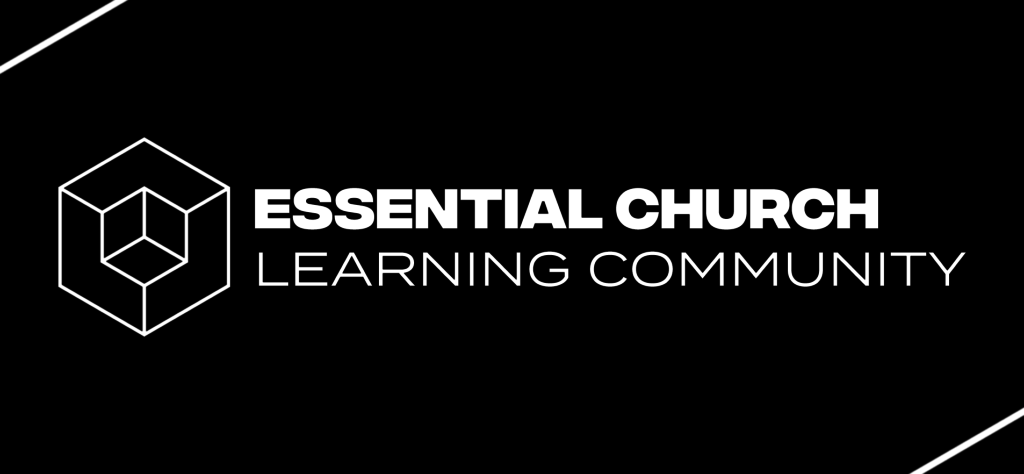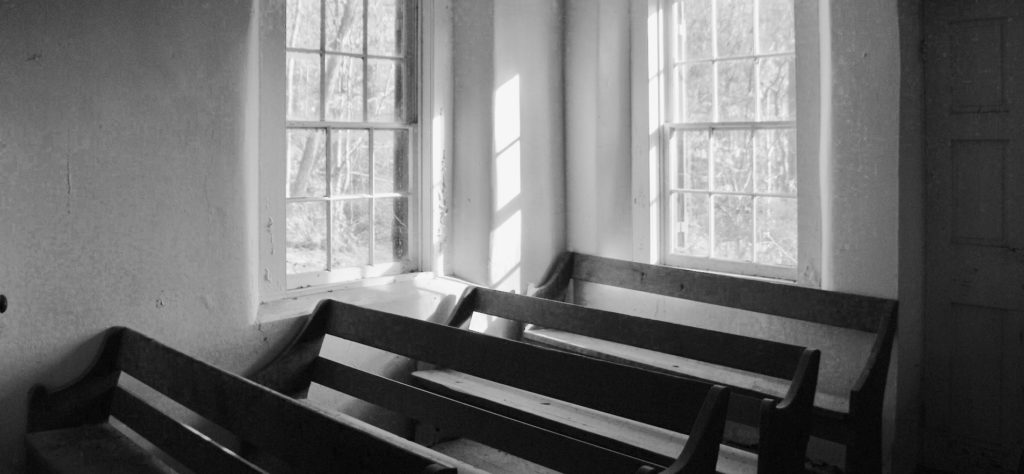Episode 082: The Art of Songwriting
In this episode we sit down with Jon Egan and Micah Massey to talk about the agony, ecstasy, and discipline of songwriting.

Songs begin in the amateur’s heart and are finished in the craftsman’s hands… I have to start with childlike wonder and playfulness, and eventually something will take form…
The longer I’ve been writing, the harder it’s getting, but also the more rewarding it’s getting… sometimes the process is playful, but the majority of the time it is a wrestling match…
There’s a lot of humility and openhandedness involved in songwriting, especially in a cowriting situation… you know it’s going to morph and transform along the way and might be completely different than what you thought…
I worked with one really spectacular songwriter and one of the things I noticed about him right away was that he was totally unafraid to look like a bad songwriter… that’s how it has to start…
The saying “start with the end in mind” is bad advice for writers… you have to learn to fall in love with the process again… you have to fight for and protect the innocence of it…
There are a lot of different ways to write a song, but I love writing a song for the corporate body of Christ…
It’s a different approach when you’re writing congregationally… you have to write more objectively than subjectively…
There are three things that a corporate worship song needs: it needs to be accessible; it needs to be beautiful; and it needs to be theological…
This is one of the reasons why songwriting has been more of a boxing ring for me… I’m realizing that the singing is forming belief, forming culture, and how people think about God…
Silence and solitude are crucial for me… Dallas Willard said that you have to find your divine center every day… if I don’t have that, I will venture into a territory that is more subjective, more about me than it is about the church…
Community and friendship are the biggest disciplines for me… I learn so much from my friends… but also just remembering who has come before us… reading and community both help me…






